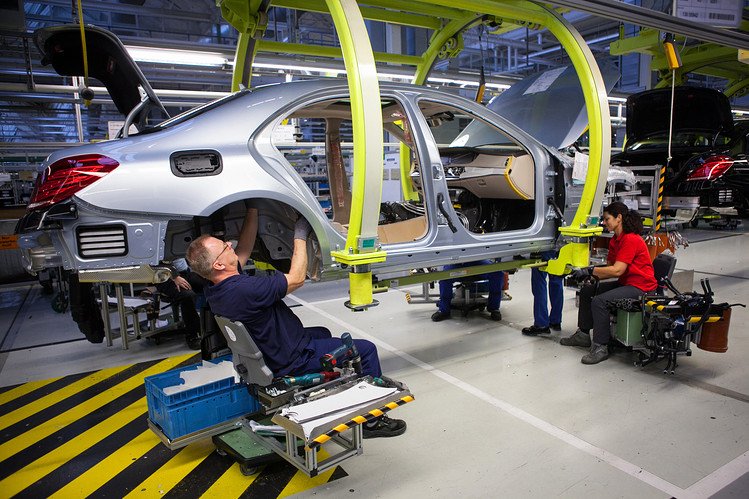India, EU free trade pact talks stumble as bilateral investment treaties are set to lapse

The Hindu | 6 December 2016
India, EU free trade pact talks stumble as bilateral investment treaties are set to lapse
by Amiti Sen
India and the EU are in disagreement over whether to negotiate a bilateral investment treaty (BIT) for mutual protection and promotion of investments as part of the proposed free trade agreement (FTA), or separately.
The EU wants the two partners to enter into a BIT as soon as possible and the FTA should follow later as the individual investment protection agreements signed by its member-countries with India have already started to lapse. It has also urged India to allow the existing BITs to continue till a new one is negotiated.
“New Delhi, however, wants the new BIT, which is to be negotiated with the EU as per the model text approved by the Cabinet, to be a part of the FTA. It is also not keen on extending the existing treaties with individual EU member countries after they lapse,” a government official told BusinessLine.
Officials from the EU, who met senior officials from India’s Department of Economic Affairs and Commerce Department last month and discussed the matter, are now expected to respond on how the FTA negotiations should proceed, the official added.
Contentious issues
The proposed India-EU FTA, officially known as the broad-based trade and investment agreement, has been stuck for the past few years due to disagreement between the two sides over contentious issues such as lowering of import duties on automobiles and alcohol by India and recognition of India by the EU as a ‘data-secure’ country.
The FTA, which would focus on goods and services, will also have a separate chapter on investments which would include measures for its promotion and protection.
India’ BIT with Netherlands has already lapsed on November 30 and similar agreements with most other EU member countries are set to lapse in the first half of next year. New Delhi has come up with a model BIT draft based on which it now seeks to re-negotiate all its existing investment agreements to avoid a string of litigations it has been facing over the last few years from global companies. It understandably doesn’t want to give extensions to the existing agreements that lapse.
Investor interest
The EU argues that the gap between the expiry of the existing BITs and the implementation of the new BIT would result in an uncertain situation for investors from the country. While the existing investments would already be covered under the provisions of the existing BITs for the next few years even after they lapse (as the existing agreements provide for such coverage), it would not hold true for new investments made.
Indian officials, however, say that even if new foreign investments were not covered under a BIT for sometime, it would not spell doom as the existing laws in India, especially under the ‘Make in India’ campaign, were foreign investor friendly.
The EU is India’s top trading partner, ahead of China and the US. EU investments in India amounted to €38.5 billion in 2014, increasing from €34.7 billion in the previous year, according to EU figures.





